‘The Great Escape’ - The True Story of 500 Men Held in Slavery in the US
Longtime labor activist Saket Soni is the author of a new book: “The Great Escape - A True Story of Forced Labor and Immigrant Dreams in America.”
.jpeg) Saket Soni author of The Great Escape / Image - Supplied
Saket Soni author of The Great Escape / Image - Supplied
The book tells the compelling story of more than 500 men from India who were held in virtually slave-like conditions as they repaired the Gulf Coast in Mississippi following the devastating impact of Hurricane Katrina in 2006. The men all paid fees of at least $20,000 to be able to come to the US. They were promised a green card for themselves and their family. But their dreams were shattered by the multi-billion dollar corporation Signal LLC and its unscrupulous recruiter Sachin Dewan. Soni fought an almost decade-long battle to get justice and permanent residency for the men.
‘The Great Escape,’ published by Algonquin Books, will be released in paperback Jan. 16. New India Abroad’s interview with the writer is condensed below.
NIA: Pleasure to see you again, Saket. Could you please begin by telling us how you met these men?
Saket Soni: Absolutely. The story began with a mysterious midnight phone call that I received when I was a labor organizer in the Gulf Coast after Hurricane Katrina. This was in 2006. My phone rang and it was a man who was too scared to even tell me his name. He insisted on remaining anonymous.
That call was followed by another worker and another. So I convinced them to meet with me. Their employer was taking them on Sundays to the Sacred Heart Catholic Church. I expected to meet three workers there.
I opened the door of the room, and there were 100 men waiting for me. It turned out that they were part of a group of 500 men who had arrived from India to rebuild oil rigs in the Gulf coast.
Recruiters had sold them an American Dream. It turned out they were dropped into a nightmare. There were never any green cards. The men were working round the clock shifts, living in surveyed labor camps. They were living 24 people to a room in trailers on company property.
The book tells the story of how we engineered an escape from the labor camps and the journey to justice.
Everything these men did was enormously risky and incredibly courageous because they could have been deported at any moment.
You were also undocumented. Did that add to your understanding of what was at stake for these men?
Saket: Absolutely. I understood why they didn't want to reveal their vulnerability to their own families because I had also kept that secret from my family. It did give me an emotional understanding of what they were going through.
Could you share a particularly compelling story of a family that you've stayed in touch with over the years after the case was resolved?
Saket: I have the deep, great good fortune of remaining in these workers lives long after the events were over. They are like my family now.Just as the book was coming out, one man who is a character in the book called me. His daughter got into five medical schools.
This gentleman undertook the journey from Bihar to a Mississippi labor camp. He escaped from that labor camp; he walked to Washington; he went on a hunger strike; and all of that was so that years later, his daughter could be in an American medical school. That, to him, was his greatest victory. How beautiful is that.
ADVERTISEMENT
ADVERTISEMENT
E Paper
Video




 Sunita Sohrabji
Sunita Sohrabji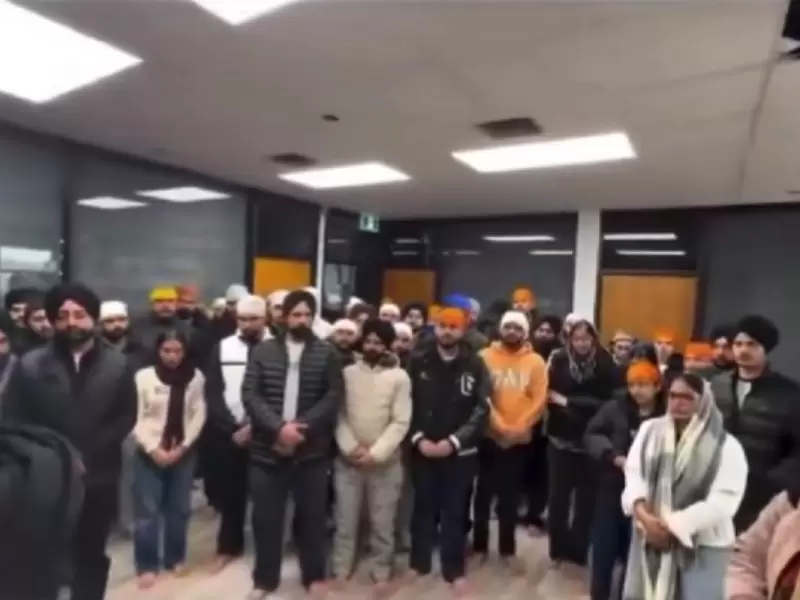

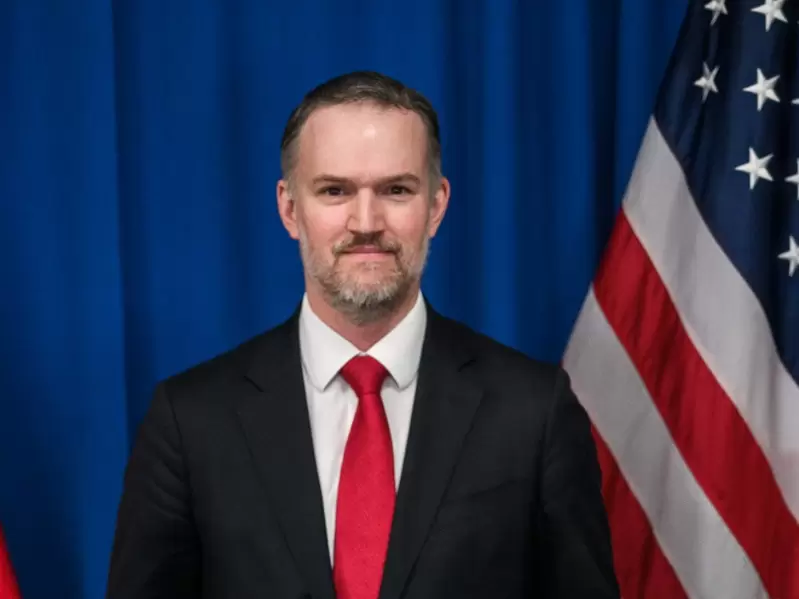
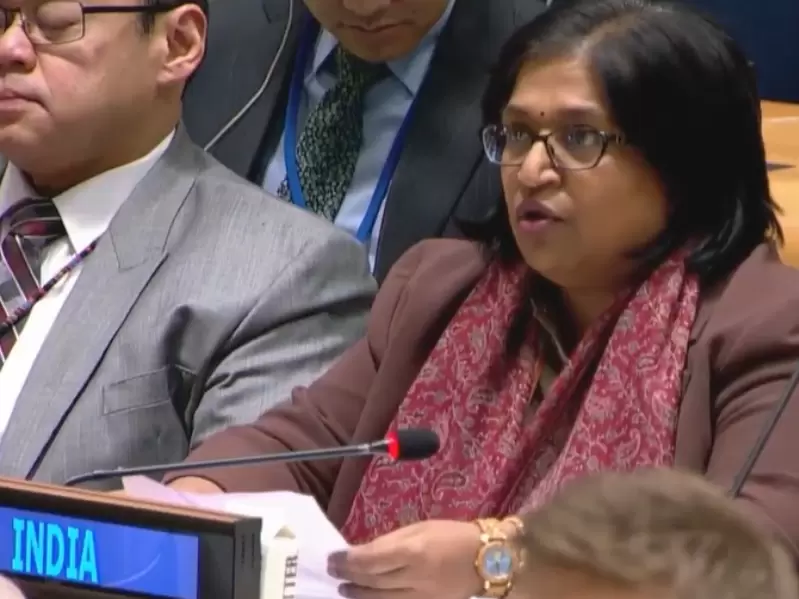
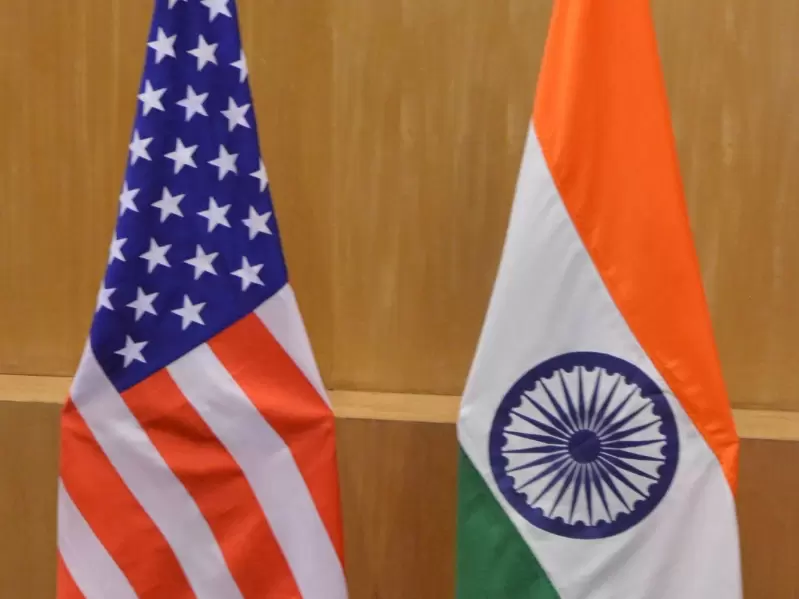





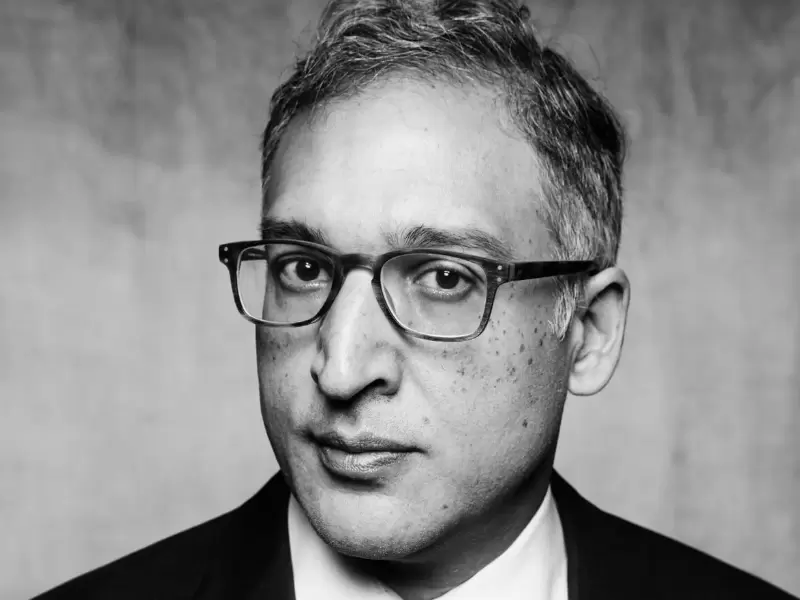



Comments
Start the conversation
Become a member of New India Abroad to start commenting.
Sign Up Now
Already have an account? Login